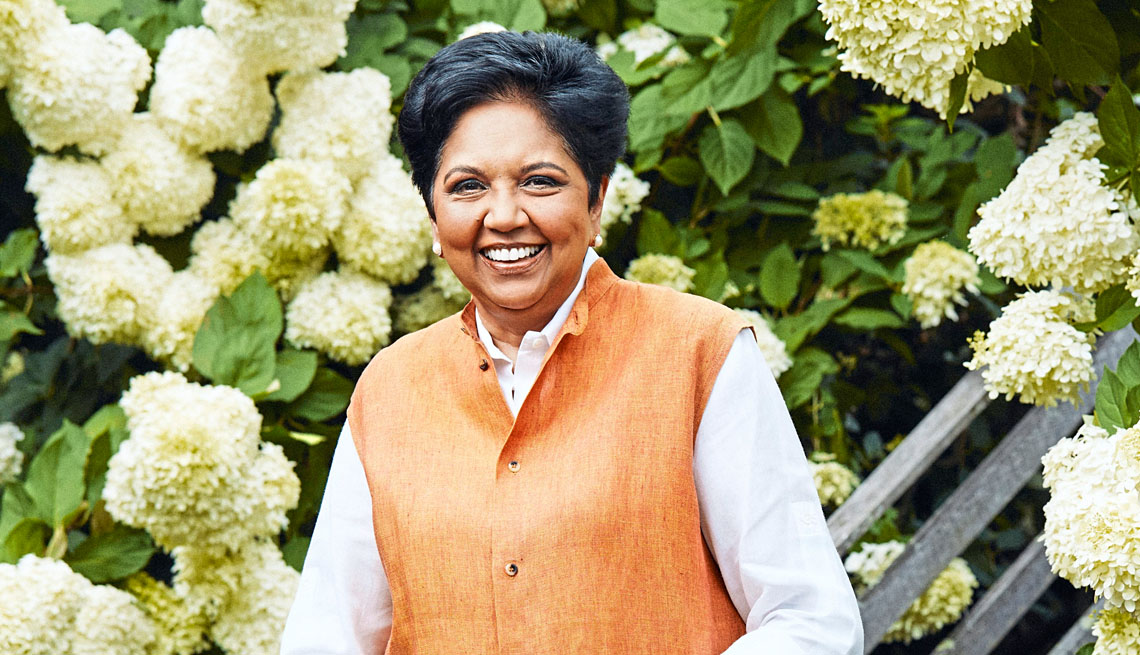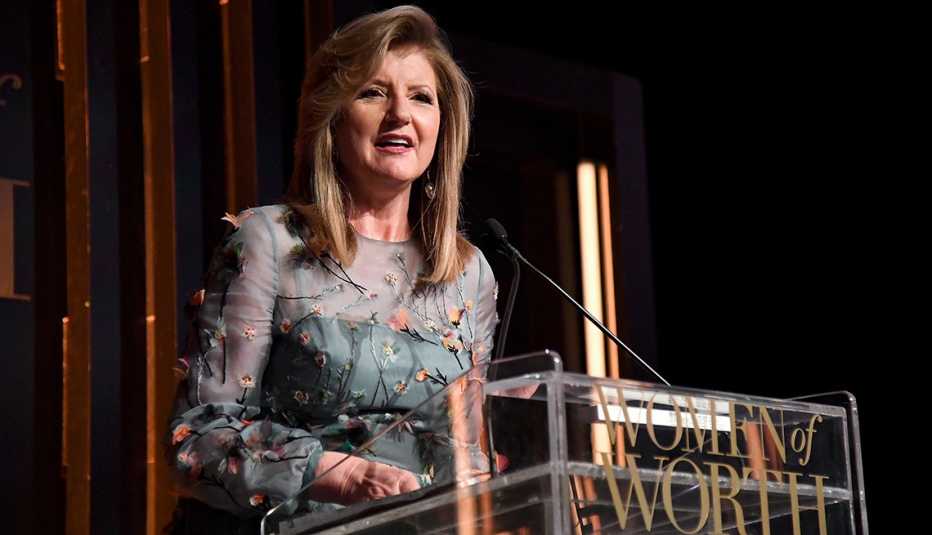AARP Hearing Center
You grew up in the south of India. What lessons from your early life helped guide you?
In our family, there was no difference between the men and the women. They basically said, “Dream as much as you want. We’re never going to stop you based on your gender.” My family, especially my father and my grandfather, said, “We want you to stand on your own two feet. Our investment in you is an education.”
What did you learn from your mother?
As was typical in our community, she had one foot on the accelerator and one foot on the brake. The accelerator was: “Go be whatever you want to be, because I couldn’t be that.” On the other hand, society told her that [I was] a girl, and you’ve got to get her married off. She would constantly alternate between the two.
Did you aspire to lead a company?
To be honest, I never thought I’d be CEO one day. Never. I didn’t even know what that was, because there was nobody in my family that was in the corporate world. Everybody worked in a state bank or in a government job.
In your book, you describe coming home after a promotion and your mother sending you out for milk. What does that story mean to you?
That was her saying: “Hey, it’s OK your company gives you a crown. But leave that crown at the company when you come home. Make sure that you realize that there’s a whole lot of people who depend on you emotionally, who depend on you as the mother of the family.”
How do you see your professional legacy?
I was among the early few that talked about why successful companies have to be rooted in successful societies. The relationships between companies, societies and communities have to be constantly addressed. That’s why performance and purpose are important.






























































